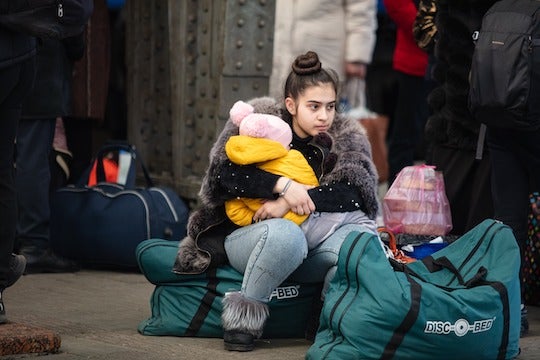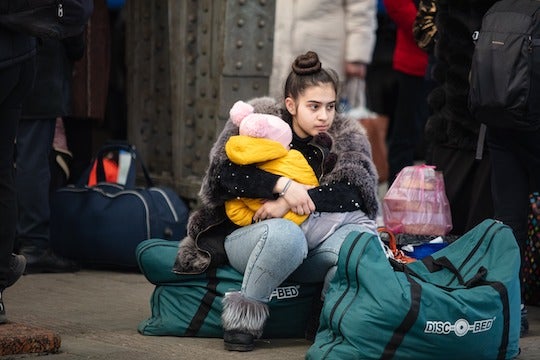HOUSTON – (April 12, 2023) – Women refugees tend to be seen as vulnerable, but a new collaborative report shows their resilience in the face of unequal resources.
Displacement can create gender-specific hardships or exacerbate existing inequalities, but it can also create new opportunities and transform gender relations, according to the report from Rice University’s Baker Institute for Public Policy.
“When gender is considered in the context of displacement — whether by host country governments or humanitarian organizations — there are many assumptions of how women’s experiences differ from men, with women frequently viewed as vulnerable and agentless actors,” the report reads. “In reality, migrant women are not inherently vulnerable; it is the circumstances in which they find themselves and the policies they live under that produce precarity.”

The contributing authors comprise scholars from Egypt, Morocco, Turkey, Palestine, Tunisia and Lebanon. Their series of briefs utilize case studies of specific populations to consider how gender impacts displacement and migration, as well as policies regarding displaced people — both successes and failures.
The authors examine whether and how gender has been integrated into humanitarian or state-led programming and the distinct community-based strategies women refugees use to ensure they have the necessary support for themselves and their families.
“These case studies counter stereotypes of women migrants and refugees as lacking agency, and instead reveal their resiliency and self-sufficiency,” said Kelsey Norman, fellow and director of the Women’s Rights, Human Rights and Refugees Program at the Baker Institute’s Edward P. Djerejian Center for the Middle East. “As women comprise almost 50% of refugees, it’s imperative to examine the unique struggles they face due to traditional gender roles and stereotypes while not framing and dismissing women as inherent victims.”
View the report and all eight case studies here.

